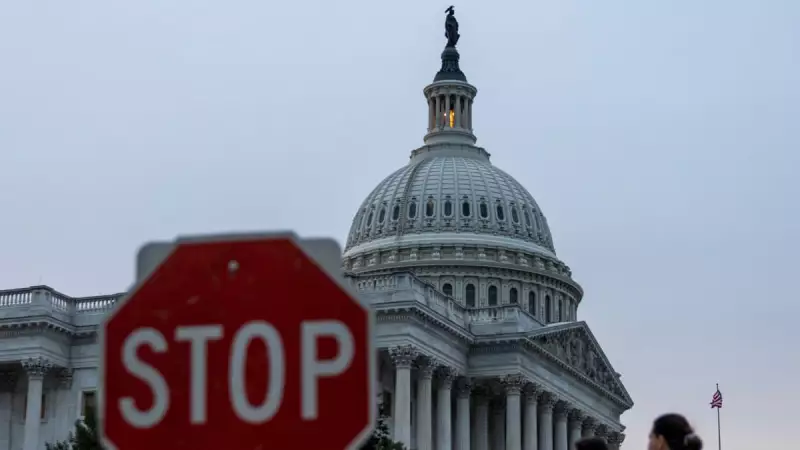
The United States federal government has plunged into a partial shutdown after Democratic legislators dramatically rejected a Republican-backed funding plan, triggering widespread disruption across federal services.
Political Impasse Reaches Crisis Point
With neither party willing to compromise on their respective positions, the US Capitol became the stage for a high-stakes political confrontation that has left the government without authorised spending beyond the midnight deadline. The shutdown marks the first major test of the new political landscape in Washington.
What Led to the Standoff?
The crisis unfolded when House Republicans advanced a temporary spending measure that Democrats immediately denounced as politically untenable. Key points of contention include:
- Disagreements over funding levels for domestic programmes
- Republican policy riders that Democrats found unacceptable
- Fundamental differences in spending priorities between the parties
- The absence of bipartisan negotiation in the final hours
Immediate Consequences for Federal Operations
The shutdown has triggered automatic contingency plans across government agencies, with hundreds of thousands of federal employees facing immediate furlough. Essential services including national security and air traffic control will continue, but many public-facing operations will cease or be severely curtailed.
Services Affected by the Shutdown
Americans will feel the impact across multiple sectors:
- National parks and museums closing their gates
- Delays in passport and visa processing
- Small business loan approvals suspended
- Federal research activities paused
- IRS taxpayer assistance services reduced
Economic Implications and Market Reaction
Financial analysts are warning that a prolonged shutdown could significantly impact economic growth and consumer confidence. Previous government closures have cost the US economy billions of dollars in lost productivity and delayed economic activity.
The timing is particularly sensitive given current economic uncertainties and global market volatility. Business leaders have expressed concern about the potential disruption to federal contracts and regulatory approvals.
Path Forward Remains Uncertain
As both parties dig in their heels, there appears to be no immediate resolution in sight. Negotiations are expected to continue through the weekend, but the fundamental differences that caused the impasse show little sign of being bridged quickly.
The White House has called for "good-faith negotiations" to restore government operations, while congressional leaders from both parties have traded accusations about who bears responsibility for the crisis.
With federal workers uncertain about their next paycheck and vital services hanging in the balance, pressure is mounting on Washington to find a compromise before the economic and social consequences become more severe.






